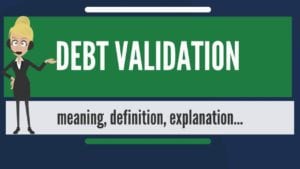
By Tony Budri, NMLS# 1394047
New credit, which includes inquiries as well as new credit accounts, makes up just 10% of your FICO score. .
As a result, a single inquiry is likely to drop your score by less than five points, but only if it’s a hard inquiry and with the limits described below.
Hard inquiries are also known as hard pulls and happen when a creditor checks your credit for the purpose of giving you a loan or credit card. .
A soft inquiry, or soft pull, is where you or a company is simply looking for information without your seeking credit.
A hard inquiry can affect your credit score and remain on your credit report for two years.
We originally shot this video on FB in 2017. What do you think?
https://www.facebook.com/tieronecredit/videos/1479419818764365/
.
Got questions, email us: [email protected]
If you’re credit score is already high (680-720 FICO) then multiple inquiries can really drop your credit scores down. Consider disputing them
The Fair Credit Reporting Act (FCRA) requires businesses to have an acceptable reason for accessing your credit report. Acceptable reasons include:
- To grant credit. If you’ve applied for a credit card, loan, or other credit-based services, the business has permission to access your credit report to determine whether you qualify.
- Collect a debt. Debt collectors can use your credit report to obtain information, like your address or place of employment, that would help them collect a debt.


- Underwrite insurance. Some insurance providers use your credit score to gauge the likelihood that you will file a claim.
- Employment. Current and prospective employers may check your credit report before hiring you for certain positions, especially financial and upper-level management positions.
- Some government agencies may check your credit report before issuing certain licenses.
- Legitimate business transactions.
Companies that access your credit report under pretenses or those who use it illegally are in violation of Federal law. You may be able to sue a company that violates your rights.
